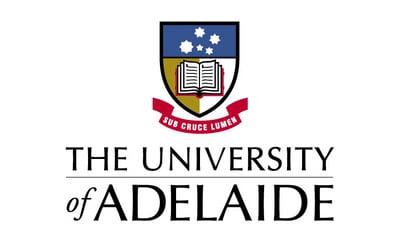Lumen Wirltuti:Warltati 2025 - Flipbook - Page 14

Research
The
future
and AI
Employment
Your thoughts: “The rapid development of AI brings both
opportunities and challenges. One major concern is job
displacement, as AI automates tasks previously done by humans,
leaving many unemployed. While new jobs may emerge, not
everyone can adapt quickly. Another worry is that AI could
surpass human intelligence in the future. If AI becomes too
powerful, its impact on society and human decision-making
remains uncertain. Will AI serve humanity or control it? Striking
a balance between innovation and ethical responsibility is crucial
to ensuring AI benefits rather than harms society. Thoughtful
regulation and adaptation are necessary for a stable future.”
Wing Huang
AI itself is neither good nor bad, it’s a tool, and its impact
depends entirely on the values and intentions of the people behind
it. What we truly need is not to fear AI, but to cultivate a strong,
responsible value system around its development and use. Just like
when cars were first invented, many coachmen protested, fearing
the loss of their livelihoods. But over time, society adapted, new
jobs emerged, and transportation advanced. AI is going through a
similar phase. It won’t replace humans, but it will change how we
work and live. The challenge is not AI itself, but how we choose to
guide it. With ethical principles and thoughtful leadership, AI can
be a powerful force for good.
Whether we like it or not,
artificial intelligence is here to
stay. The genie is out of the bottle.
Its rapid evolution has been
embraced by some, and met
with raised eyebrows by others.
Dr Jinan Zou is a postdoctoral researcher and AI Education and
Outreach Liaison for the Responsible AI Research (RAIR) Centre at the
Australian Institute for Machine Learning at the University of Adelaide.
In our earlier issue of Lumen
this year, we asked readers to
describe their hopes and fears
for the future. AI was an
overwhelmingly present theme.
“AI ITSELF IS NEITHER GOOD
NOR BAD, IT’S A TOOL, AND ITS
IMPACT DEPENDS ENTIRELY ON
THE VALUES AND INTENTIONS
OF THE PEOPLE BEHIND IT.”
We shared some of these
letters with academics from
both the University of Adelaide
and the University of South
Australia to help clarify and
respond to concerns on four
broad themes: impact on jobs;
global security; wellbeing; and
the potential for cognitive decline.
The rapid advancement of AI presents both profound
opportunities and real concerns. Job displacement is one of the
most immediate challenges. As AI automates routine and repetitive
tasks, there is a genuine risk that some roles will become obsolete.
However, this also opens space for humans to move into roles that
require creativity, empathy, strategic thinking, and ethical
judgment; areas where humans still outperform machines.
Associate Professor Wolfgang Mayer, University of South Australia,
researches positive applications of AI relating to industry, healthcare,
engineering and defence.
14